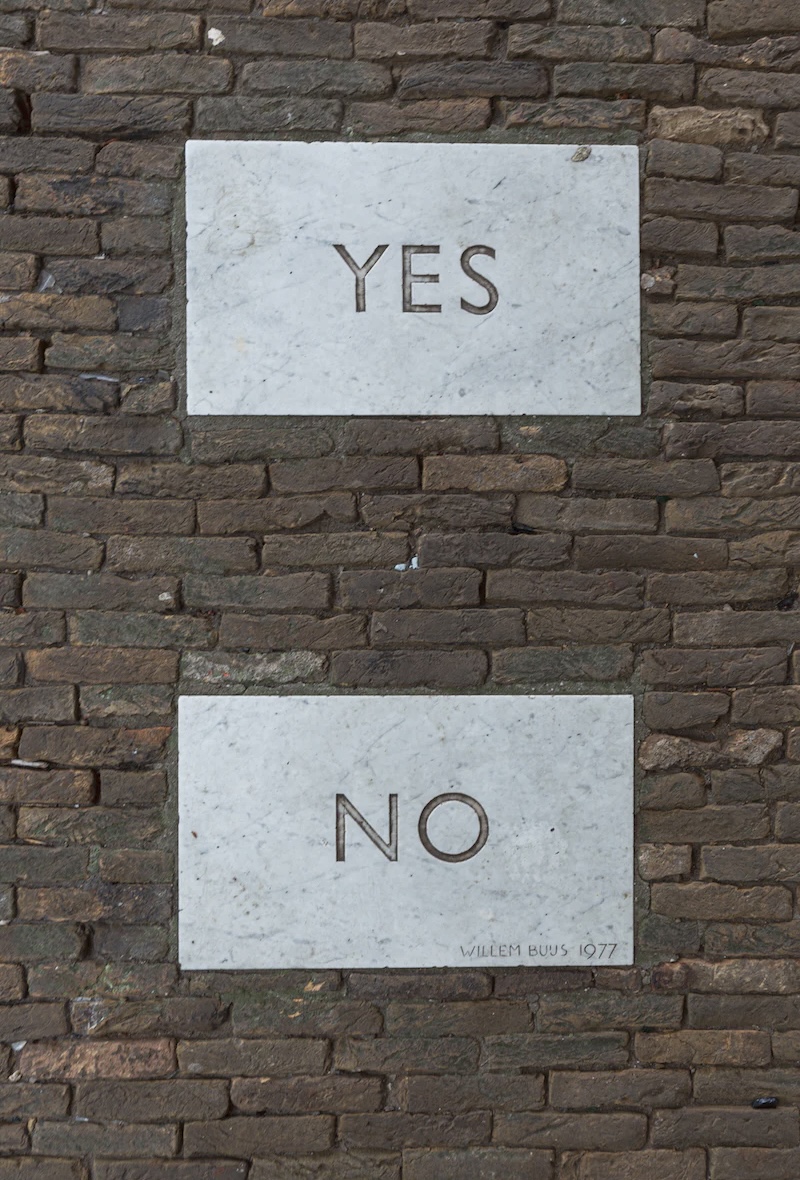
A revocable trust may not be necessary.
People who love fluffy bread but do not understand the chemistry of baking may believe more yeast yields larger loaves.
A baker knows the best results require a delicate balance of the key ingredients and the proper kneading and proofing of the dough rather than simply adding more of a specific ingredient.
Estate planning success also depends on its component parts.
According to a recent Kiplinger article titled “Four Reasons You Don’t Need a (Revocable) Trust,” the absence or presence of certain estate planning elements will change the purpose and result of the plan.

A revocable trust is not always the best option.
Many people believe a revocable trust is the key to a simple and effective estate plan.
Although revocable trusts are helpful, they are not the only way to address specific goals.
How can goals be addressed with other tools?
Probate avoidance.
Many people find the majority of their assets can be passed through beneficiary designations, transfer on death designations, payable on death designations, or joint ownership.
When beneficiaries are named on these accounts or properties, the named individual will "directly" inherit the asset after the death of the original owner.
Common assets with beneficiary designations include annuity contracts, life insurance policies, and retirement accounts.
States like Kansas and Missouri have various generous non-probate transfer statutes.
Consequently, you can arrange for nearly everything short of your tangible personal property (e.g., asset without a title or account number) to pass to loved ones with only the death certificate of the owner(s) to transfer ownership.
Viola!
However, there are downsides to "direct" inheritance distributions.
For example, the inheritors may lose their inheritances to potential squandering, divorces, lawsuits, and bankruptcies.
If an inheritor receives means-tested public assistance, a direct inheritance may jeopardize their eligibility.
Simple wishes.
Many believe the best way to give straightforward direction regarding asset distribution is through a revocable trust.
A last will and testament is often sufficient when your directions are simple, especially as a backup to the abovementioned probate avoidance techniques.
If you desire greater control over specifics on timing and qualifications for distributions after you have died, then a revocable trust would be better.
Medicaid eligibility.
Those who believe a revocable trust can solve all issues often do not understand the distinctions between various types of trusts.
Revocable trusts are often used to retain control of assets and promote efficient distribution to heirs.
An irrevocable trust is used to minimize your taxable estate.
An irrevocable trust can be used for Medicaid planning or estate tax reduction because it is not tied to your Social Security number.
Bad follow-through.
Although many people choose to create a revocable trust because they fear the poor management of the estate after they die, trusts can also create complications when not managed well.
For trusts to function properly, they must be funded.
In other words, the trusts must hold title to assets while you are living or receive them directly at death.
Those who create a revocable trust with an experienced estate planning attorney must take steps to transfer asset ownership to the trust.
Although trusts can accomplish many estate planning goals, they must be used within a comprehensive estate plan and implemented appropriately to be effective.
Reference: Kiplinger (Sep. 16, 2023) “Four Reasons You Don’t Need a (Revocable) Trust”
REMEMBER: “The choice of a lawyer is an important decision and should not be based solely upon advertisements.”
This statement is required by rule of the Supreme Court of Missouri.
